
As of February of this year, 121 unique therapies are involved in clinical trials for Alzheimer disease, with putative disease-modifying agents targeting disease onset or progression accounting for the largest number.

As of February of this year, 121 unique therapies are involved in clinical trials for Alzheimer disease, with putative disease-modifying agents targeting disease onset or progression accounting for the largest number.
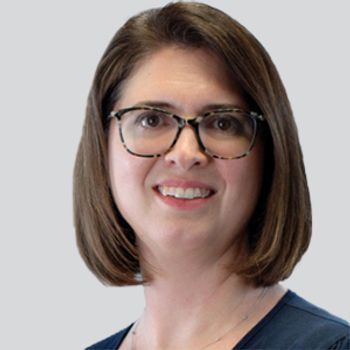
This year, the World Federation of Neurology partnered with the International Parkinson and Movement Disorder Society to spotlight advancements in Parkinson disease.
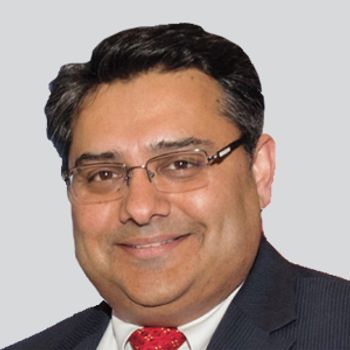
The vice president of AstraZeneca’s Cardiovascular and Metabolic Diseases portfolio discussed the findings of the THALES trial, and how ticagrelor stands alone among stroke treatments.

The affordable device’s accuracy compared to polysomnography may pave the way for a better way to conduct larger scale, longitudinal sleep studies.

The FDA-approved medication showed a robust ability to decrease hours spent “on” with troublesome dyskinesia in patients with Parkinson disease.

The director of the Neurology Residency Program at Weill Cornell Medicine highlighted some of the differences in types of headaches that patients with COVID-19 experience, as well as overall takeaways from the pandemic itself.

REN may offer a novel alternative for current pharmacological and non-pharmacological treatments in chronic migraine that combines efficient treatment with minimal adverse effects.

The vice president and head of the Neuromuscular Development Unit at Biogen, and study coauthor, discussed the implications of recently published data on tofersen and the ongoing work in phase 3.
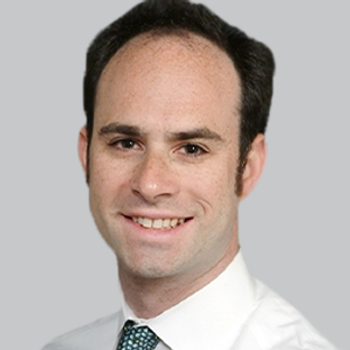
While further study is required, the data support vigilance of the symptoms and signs of acute ischemic stroke in patients with COVID-19 to reduce the burden of long-term disability.

The vice president and head of the Neuromuscular Development Unit at Biogen, and study coauthor, offered insight into the findings of a phase 1/2 trial of the SOD1-targeted antisense oligonucleotide.

The Clinigen Group’s ALS treatment is currently being investigated in a phase 2 trial that is expected to conclude in September 2021.

Neurology News Network for the week ending July 18, 2020.

Neurology News Network for the week ending July 18, 2020.

Take 5 minutes to catch up on NeurologyLive's highlights from the week ending July 17, 2020.

Data from the Michael J. Fox Foundation’s Fox Insight study reveal a number of consequences as a result of the virus for those with chronic neurologic diseases.

The assistant professor of neurosurgery at Yale School of Medicine discussed the work that still needs to be done to understand the role cell death process might play in neurodegeneration as the human body ages.
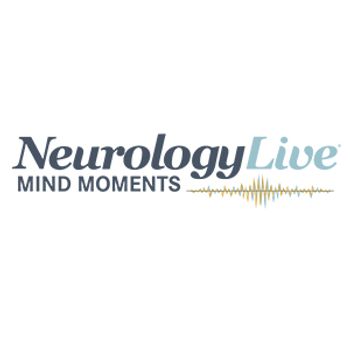
"Mind Moments," a podcast from NeurologyLive, brings you an exclusive interview with Daniel Claassen, MD, MS.

In addition to showing significant and clinically meaningful reduction in acute ischemic stroke and transient ischemic attack, ticagrelor showed a consistent safety profile to what has been observed in previous trials.

A cross-sectional analysis of 2 study cohorts suggests that less rapid eye movement sleep is linked with an increased risk of all-cause mortality, which persisted across different causes of death.

The assistant professor of neurosurgery at Yale School of Medicine discussed the observations she and colleagues have made of the relationship between microglia and astrocytes in the cell death process.

The findings support the advancement of a 100-mcg dose vaccine to a phase 3 trial assessment in later summer 2020, while a phase 2 trial of a pair of different doses continues among 600 healthy adults.

The 18F-PI-2620 radiotracer’s positive effect on diagnosing and differentiating patients with suspected progressive supranuclear palsy leaves questions about its potential as a PSP progression biomarker.

The investigational Alzheimer disease agent BAN2401 will be assessed in 1400 participants who will be randomized to either the A3 trial or the A45 trial.

The internal medicine resident physician at Montefiore Health System provided an overview of the study he and colleagues conducted on patients using onabotulinumtoxinA and CGRP agents in tandem.
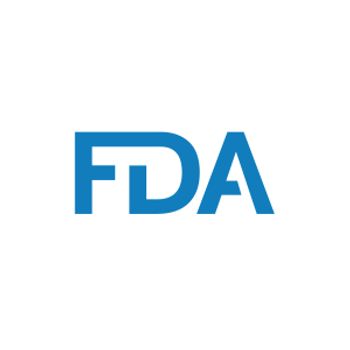
Previous exclusions limiting use of the drug in spasticity caused by cerebral palsy have been lifted.

The assistant professor of neurosurgery at Yale School of Medicine discussed the current understanding of the process of cell death in the brain, and what players are involved in the removal of dead cells.

The findings are particularly relevant for prehospital stroke awareness and improvement of in-hospital acute stroke protocols.

The clinical research director at the UCSF Multiple Sclerosis Center discussed potential future assessments of inebilizumab (Uplizna; Viela Bio) and the agents still in development for NMOSD.

A retrospective analysis suggests that normalizing the spatial proximity between nearby electrodes and more extensive electrode coverage improved the accuracy of post-surgery seizure outcomes.

Despite its ranking as a "most bothersome symptom" among migraineurs, eye pain and photophobia often go ignored or under-treated in the headache clinic.